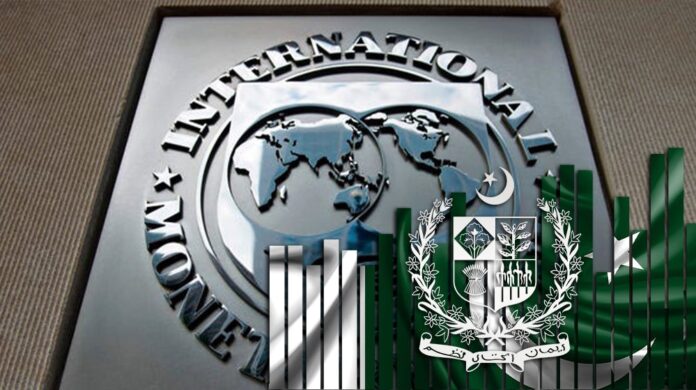The International Monetary Fund (IMF) has appointed Mahir Binici as the new Resident Representative for Pakistan, replacing Esther Perez.
Binici, a Turkish national with expertise in macroeconomic policies and emerging markets, will take over from Perez in December 2024. His appointment coincides with growing concerns within Pakistan about the IMF’s role in the country’s economic policies and its stringent conditions.
A key challenge for Binici will be ensuring the smooth implementation of the EFF, which faces hurdles even before its approval by the IMF Executive Board.
The IMF has yet to include Pakistan in its board meetings scheduled through September 18, raising questions about the programme’s future.
Pakistan had hoped for board approval by mid-September, but government officials now expect the process to extend to the fourth week of the month.
The IMF had previously delisted Pakistan after the government failed to secure $12 billion in rollovers from creditors and an additional $2 billion in financing.
The IMF’s demands have led to mounting frustration in Pakistan, with officials, including Deputy Prime Minister Ishaq Dar, openly questioning the lender’s intentions. Dar recently claimed that the IMF had pushed Pakistan toward default in 2022, further fueling skepticism about the IMF’s role.
Despite these tensions, the IMF remains critical for Pakistan’s economic stability, especially as the country faces external financing challenges.




